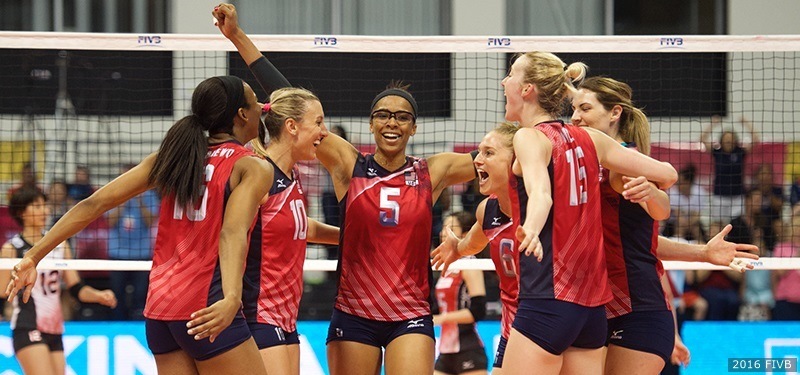The United States Olympic Committee (USOC) has ramped up its cash payouts associated with the Operation Gold program for the 2017-2020 quadrennial period.
The program gives athletes financial incentives for performance at the premier international event for their sport in a given year. Beginning in 2017, the payouts for medals at World Championships, Olympic, and Paralympic Games, and select other designated events once-per-year, will increase by 25%.
New award levels for the Olympics:
- Gold – $37,500 (Olympic Games), $7,500 (Paralympic Games)
- Silver – $22,500 (Olympic Games), $5,250 (Paralympic Games)
- Bronze – $15,000 (Olympic Games), $3,750 (Paralympic Games)
New award levels for non-Olympic years:
- Gold – $6,250 (1st year), $6,250 (2nd year), $7,500 (3rd year)
- Silver – $5,000, $5,000, $6,250
- Bronze – $4,375, $4,375, $5,000
- 4th – $3,750, $3,750, $4,375
- 5th – $3,125, $3,125, $3,750
- 6th – $3,125, $3,125, $3,750
- 7th – $2,500, $2,500, $2,500*
- 8th – $2,500, $2,500, $2,500*
* – individual sports only, team sports must finish in the top 6.
2016 was a historic year for Team USA. Their 121 Olympic medals were the most they’ve ever won at a non-boycotted Games, and the 115 Paralympic medals was their most since the 1996 Paralympic Games on home soil in Atlanta.
The recent increases become magnified even further as a result of the United States Congress to eliminate taxing Operation Gold prize money – a bill signed into law by President Barack Obama earlier this year.
While the numbers are an improvement, the rewards still pale in comparison to those received in other countries. In Singapore, for example, swimmer Joseph Schooling, who beat Michael Phelps for a 100 fly gold medal, was rewarded with the equivalent of $753,000. That was the country’s first-ever Olympic gold medal.
Indonesia, who has 7 Olympic gold medals in its history (all in badminton), offers rewards of $383,000 to its Olympic champions.
How much prize money do athletes win for a gold medal? #Rio2016 #Olympics pic.twitter.com/itfnq8b8z6
— The Voice of America (@VOANews) August 11, 2016
Many of the individual Olympic sport federations offer bonuses above and beyond what the USOC offers.
Operation Gold money, and money paid under similar programs in foreign countries, can be accepted by NCAA athletes without impacting their college eligibility. There were no players on the 2016 U.S. volleyball teams that had any eligibility remaining.

Leave a Reply